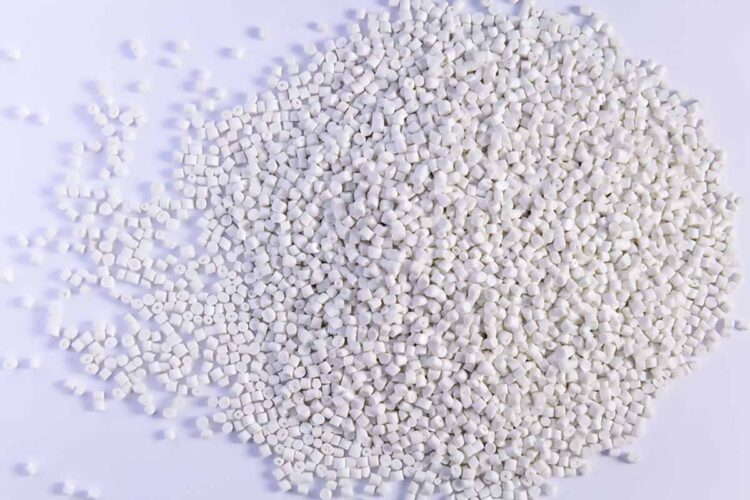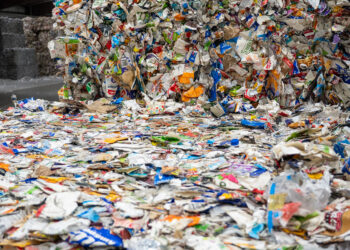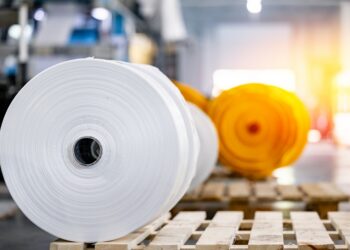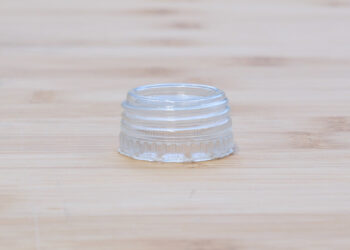The Vinyl Institute has awarded almost $332,000 in recycling grants to three organizations to help keep PVC out of landfills and in productive use in society, the organization recently announced.
The grants to the Chemical Fabrics and Films Association, Every Shelter and the University of Michigan mark the fourth round of funding for the Viability recycling grant program. Contributions from PVC resin producers Formosa, Oxy, Shintech and Westlake fund the grants.
The vinyl industry aims to reach post-consumer vinyl recycling of 160 million pounds by 2025, according to a press release. The Vinyl Institute is a U.S. trade association representing PVC manufacturers.
“The Viability recycling grant program was introduced to accelerate the development of new technologies and capacity to recycle post-consumer PVC,” Ned Monroe, president and CEO of the Vinyl Institute, said in a written statement.
Applications for the fifth round of funding are due Sept. 6.
PVC is typically considered difficult to recycle due to its high chlorine content. PVC is used predominantly in construction applications: in its rigid form for plumbing pipes and siding, and in more flexible forms as sheet flooring and a fabric for such products as clear handbags.
The Chemical Fabrics and Films Association in Cleveland, Ohio, is a global trade association representing manufacturers of fabrics and film made from polymers. It plans to use the grant to fund the cost of recycling coordinators to continue to build out their roof recycling infrastructure. They will also raise awareness with building owners for future recycling opportunities.
Every Shelter is a nonprofit based in Houston that repurposes vinyl billboards to provide shelter for refugees in displacement camps in the Middle East and East Africa. Its grant will help it advance a plan to repurpose used vinyl billboards for disaster victims from proof-of-concept to self-sustainability while diverting 450,000 pounds of PVC from landfills and assisting 12,500 people, according to the release.
Every Shelter received a first round of Viability funding to develop the business model.
The University of Michigan’s Department of Chemistry will use the money to continue research in chemical recycling of PVC through electrochemical conversion. The electrochemical solvent-based technology has potential both as a dechlorination step for mixed plastic scenarios and for difficult to recycle multilayer products, such as wire and cable and luxury vinyl tile flooring.
Viability grants are available to qualifying industry collaborations such as trade associations, MRFs, construction and demolition waste facilities, recyclers or colleges and universities in amounts up to $500,000 each. The program awards up to $1 million total each year. Roughly $2 million has been awarded since the program launched in 2023.
To see updated details on these and other industry grants, check out Resource Recycling’s Grant Watch.






























